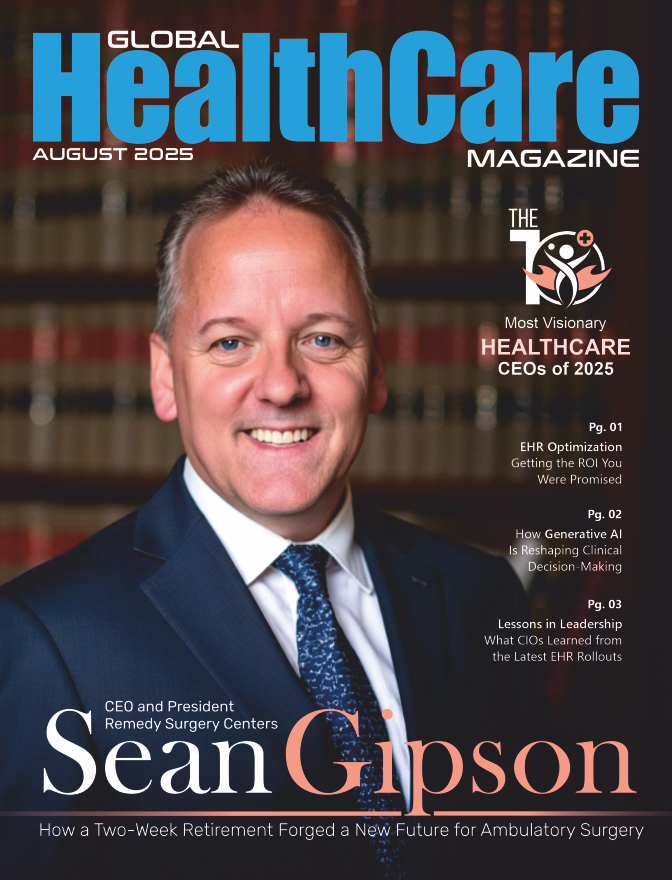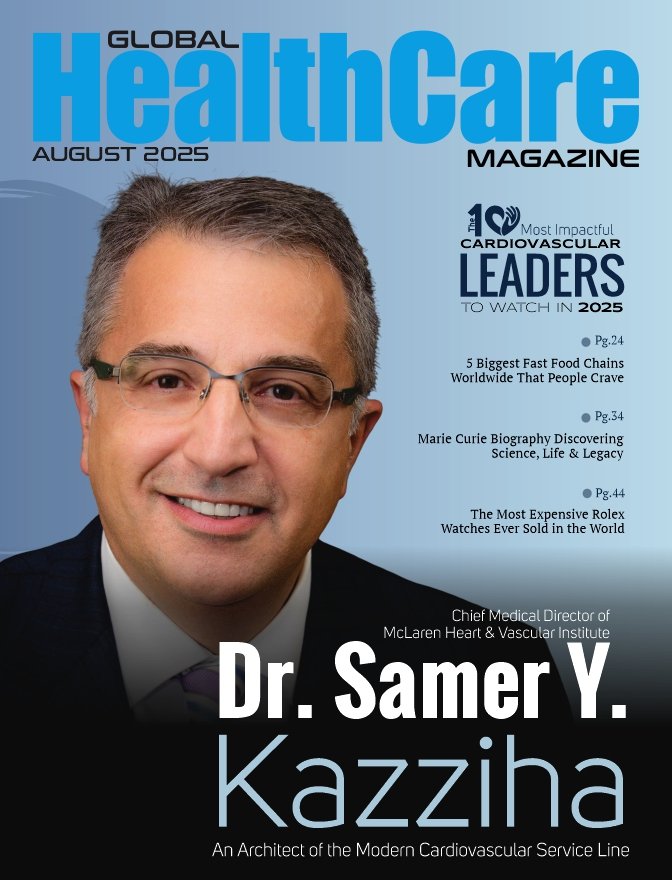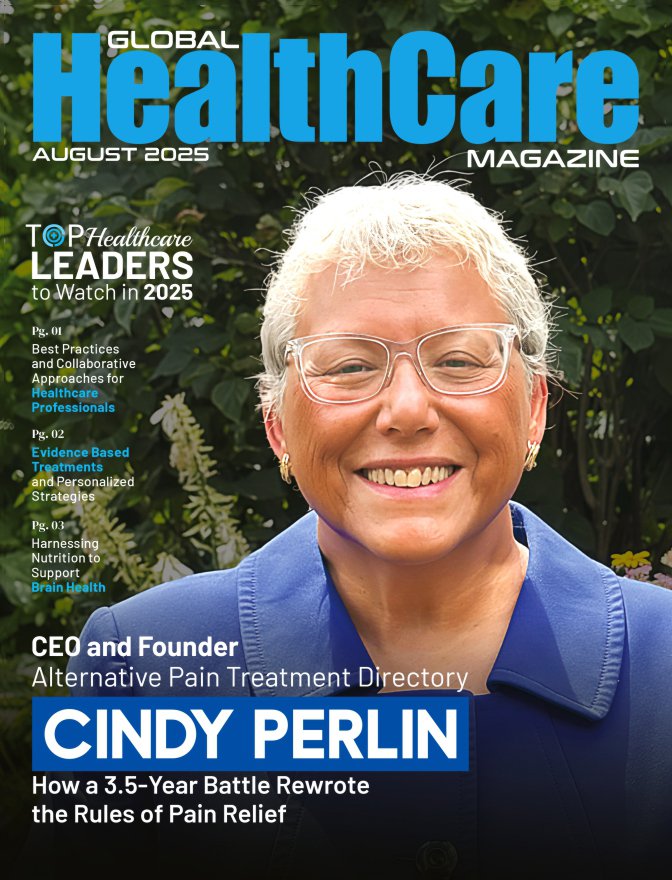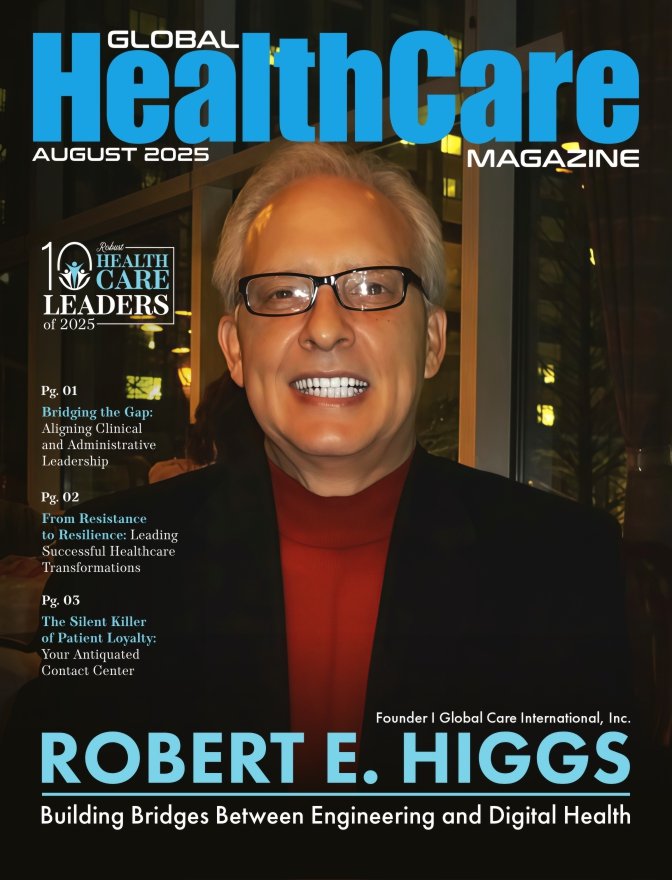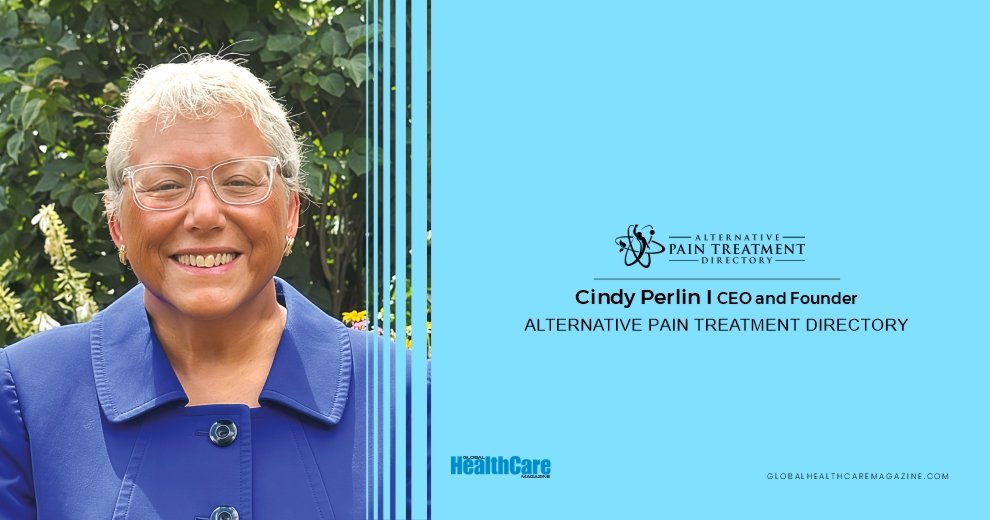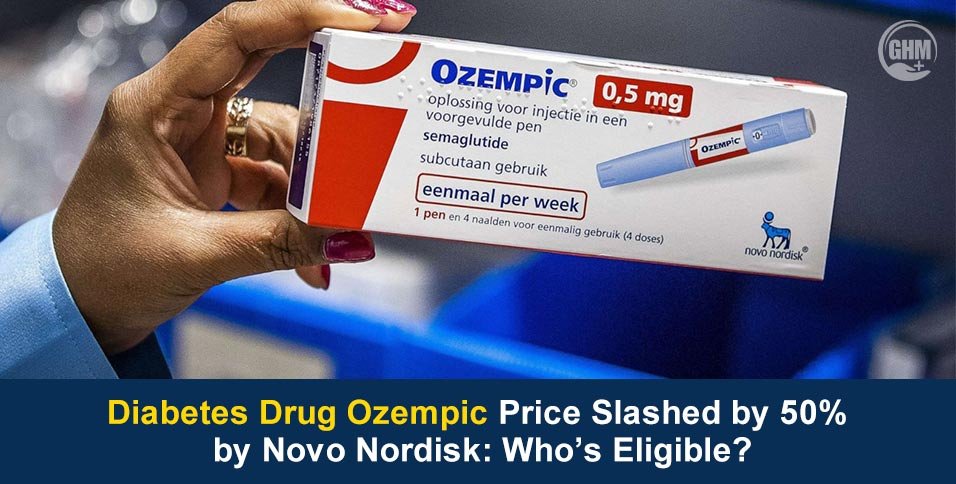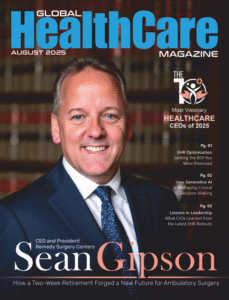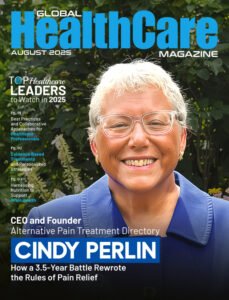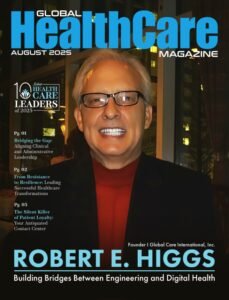The journey from a promising biopharmaceutical concept in a research lab to a life-changing medicine reaching patients is fraught with challenges. It’s a path defined by scientific hurdles, immense capital requirements, complex regulatory landscapes, and the delicate process of scaling biological manufacturing. For many biotech start-ups and even larger pharma companies, navigating this pipeline efficiently is a make-or-break proposition. They often turn to Contract Development and Manufacturing Organizations (CDMOs), but the relationship can be transactional, lacking the deep scientific and strategic partnership needed to truly accelerate innovation.
This is the gap Menzo Havenga, President and CEO of Batavia Biosciences, set out to fill. A molecular virologist by training with nearly three decades of experience in biopharmaceutical R&D and management, Havenga recognized the need for a different kind of partner – one that acts not just as a service provider, but as a strategic guide and technological innovator embedded within the client’s journey. His personal mantra, “Better own half of something than all of nothing,” hints at the collaborative, value-sharing philosophy that underpins Batavia’s model.
From Research Scientist to Entrepreneurial Leader
Havenga’s trajectory provides a compelling case study in leveraging deep technical expertise into strategic business leadership. After earning his PhD, he cut his teeth as a senior scientist at IntroGene (later Crucell), contributing significantly to foundational technologies like adenoviral vectors – a platform famously used years later by Johnson & Johnson for their COVID-19 vaccine, with Havenga credited as a co-inventor. Rising through R&D leadership roles at Crucell, he gained crucial experience managing large scientific organizations and navigating the complexities of corporate acquisitions in the biopharma space.
His entrepreneurial pivot came in 2010. Recognizing an opportunity to offer specialized bioprocess development expertise outside the confines of a large pharma company, he partnered with Chris Yallop to spin Batavia Biosciences out of the TNO organization, a Dutch applied research institute. This spin-out itself embodied the “own half” philosophy, leveraging TNO’s infrastructure and initial support while gaining the agility of an independent entity.
Building a Differentiated Value Proposition
Batavia Biosciences was conceived not as a high-volume, low-cost CDMO, but as a center of excellence offering high-quality services for early-stage biopharmaceutical development. Their initial focus spanned everything from DNA cloning and cell line development to process scale-up and product characterization. However, the strategic vision quickly expanded based on direct client feedback.
Listening intently to the needs of founders and CEOs navigating the perilous “bench to clinic to market” pathway, Batavia realized clients required more than just isolated services. They needed a partner who understood the entire product development lifecycle, including the inherent risks and strategic decisions at each stage. This led to the development of their ‘Product Development Plan’ (PDP) services package – essentially a comprehensive business plan tailored to the client’s specific product, covering manufacturing, clinical, regulatory, IP, and communication strategies. This move transformed Batavia from a service provider into a strategic thought partner, offering a level of guidance typically reserved for in-house expertise or high-level consultants.
Central to Batavia’s differentiation is its investment in proprietary technology platforms designed to tackle specific, high-impact challenges in biopharmaceutical manufacturing. Technologies like STEP® (improving product yield), SCOUT® (enhancing scale-up), and HIP-Vax® offer clients tangible technical advantages, saving time and reducing costs in development and manufacturing. Combined with access to a diverse array of viral vector systems and cell lines, Batavia provides a level of integrated expertise and technological capability that distinguishes it from many competitors who offer more commoditized services.
Navigating the Growth Curve: Strategic Pivots and Scaling
Batavia’s journey from a small spin-out to a significant player is a testament to strategic adaptability and bold decision-making driven by market demand. Starting with just 7 employees and 300 square meters of lab space, the company rapidly attracted clients based on the deep experience of its staff and the quality of its initial services.
Responding to this demand required rapid scaling. TNO’s initial flexibility in accommodating multiple lab expansions was crucial. A pivotal strategic move came in 2011, just a year after launch, with the acquisition of Xendo Pharma Services. This brought in 117 highly trained professionals, providing an immediate, significant injection of human capital and expertise, accelerating the company’s growth far beyond what organic hiring alone could achieve.
Another critical juncture arrived in 2012 when, again driven by client needs, Batavia undertook two major expansions simultaneously: establishing a subsidiary in Boston to access the vital US biotech ecosystem and adding Good Manufacturing Practice (GMP) manufacturing services in the Netherlands. The decision to move into GMP was particularly significant, requiring substantial investment in quality systems, expert staff (QC, QA, QP), and facilities. Havenga and his team initially addressed the facility need through a clever strategy of leasing GMP space on a project-by-project basis, enabling them to begin delivering clinical products and validate the market demand before committing to building their own large-scale facility (a capability they are adding by late 2025 with a new commercial production facility). This iterative approach to capital-intensive expansion mitigated risk while allowing growth.
The financial results underscore the success of these strategic maneuvers. Batavia has demonstrated strong year-on-year revenue growth (approx. 33% CAGR), scaling from €1M at launch to substantially higher figures, attracting a diverse client base including a significant portion of non-profit and global health organizations – a reflection of the company’s underlying mission to contribute to the affordability and accessibility of medicines. Their 97% success rate in GMP projects is a key metric highlighting operational excellence and the quality outcomes derived from their integrated model.
The Leadership Equation: Plan, Dive, and Partner
Beyond strategy and technology, Menzo Havenga emphasizes that people are the core of Batavia’s success. He attributes the company’s high percentage of returning clients to the hard work, dedication, and experience of the staff, enabling the “customer intimacy” model. Attracting and retaining top talent in the competitive biopharma space is achieved not just through competitive compensation, but by offering compelling, purpose-driven work – projects contributing to global health, vaccine affordability, or improving lives with genetic conditions. Flexibility, career planning, and continuous training are viewed as critical investments in human capital.
Havenga’s leadership philosophy is distilled into powerful, actionable tenets. “Plan your dive and dive your plan” underscores the importance of focused execution once a strategic direction is set – a crucial lesson for entrepreneurs navigating countless distractions. Finding “the right people to follow the dream” highlights the absolute necessity of talent acquisition and team building. Being “honest about the risks and rewards” and building “win-win situations” speaks to the transparent and collaborative approach needed to attract supporters, partners, and investors throughout the challenging scale-up phase. His initial “Better own half of something than all of nothing” philosophy is evident in the successful spin-out structure, the collaborative client relationships, and the strategic decision points along Batavia’s growth path, culminating in the company’s sale to CJ CheilJedang corporation in 2021 – a move that likely provided resources for further expansion and market reach.
In an industry grappling with accelerating the pace of innovation while ensuring quality and accessibility, companies like Batavia Biosciences, led by strategic thinkers like Menzo Havenga, offer a valuable model. By combining deep scientific expertise with a strategic “thought partner” approach, investing in differentiating technologies, and prioritizing human capital and collaborative relationships, they are not just participating in the biopharma ecosystem; they are actively helping to shape a more efficient, effective, and ultimately more patient-centric future. Batavia’s journey provides a potent case study in how specialized expertise, strategically applied, can create significant value and impact on a global scale.
Also Read: Innovative in Healthcare Risk Management: Top Most Influential Leaders in Healthcare, 2025


